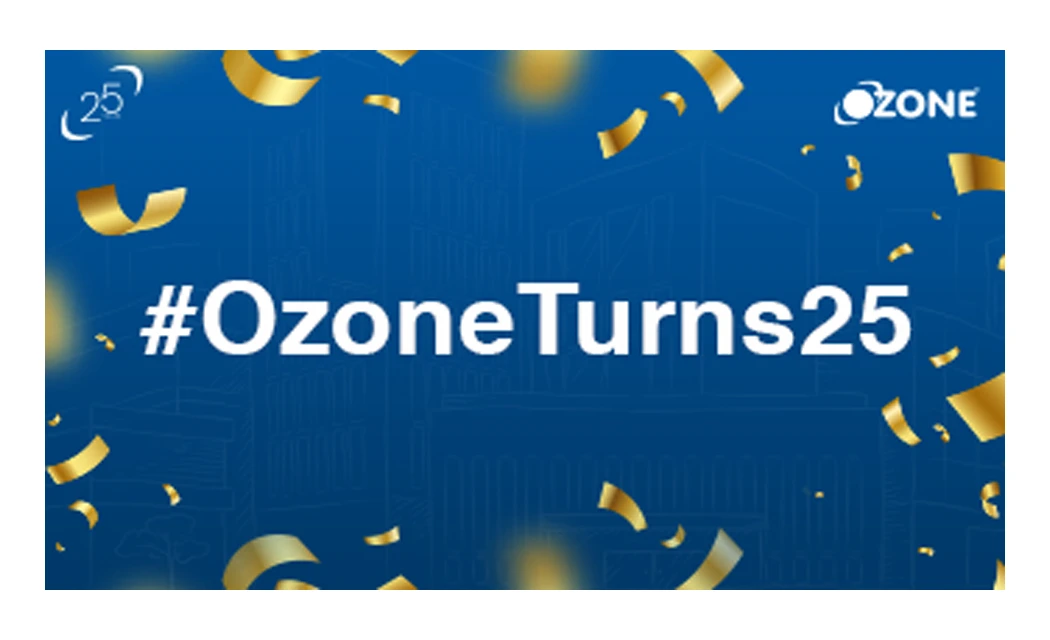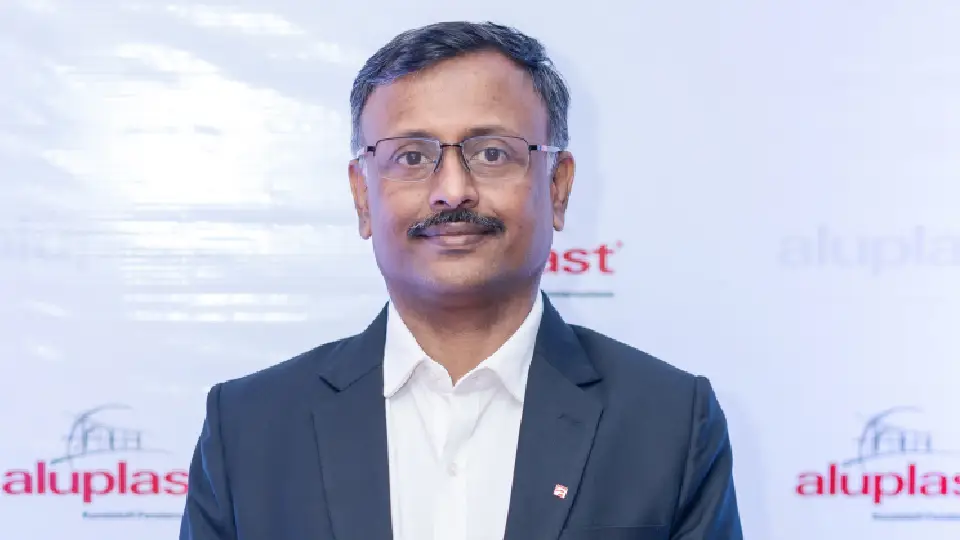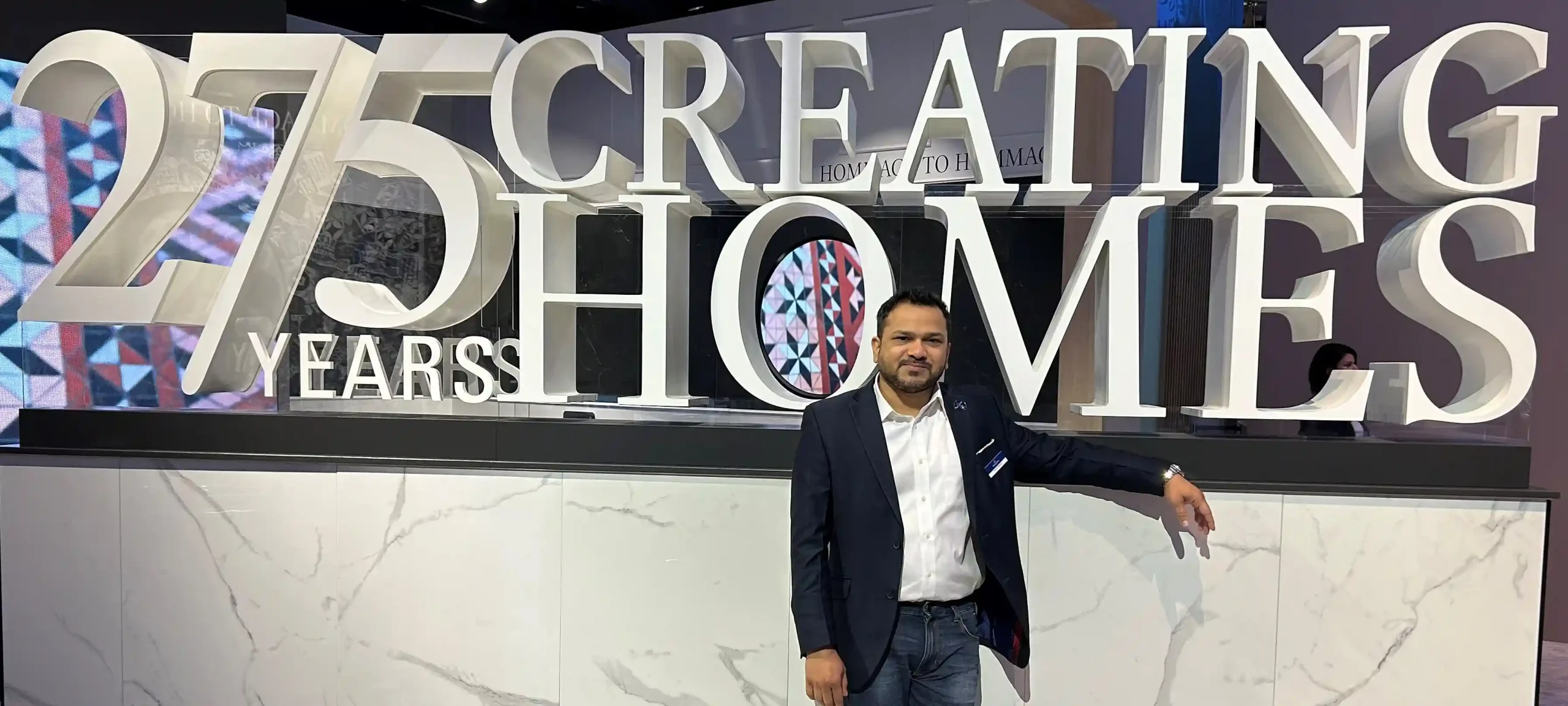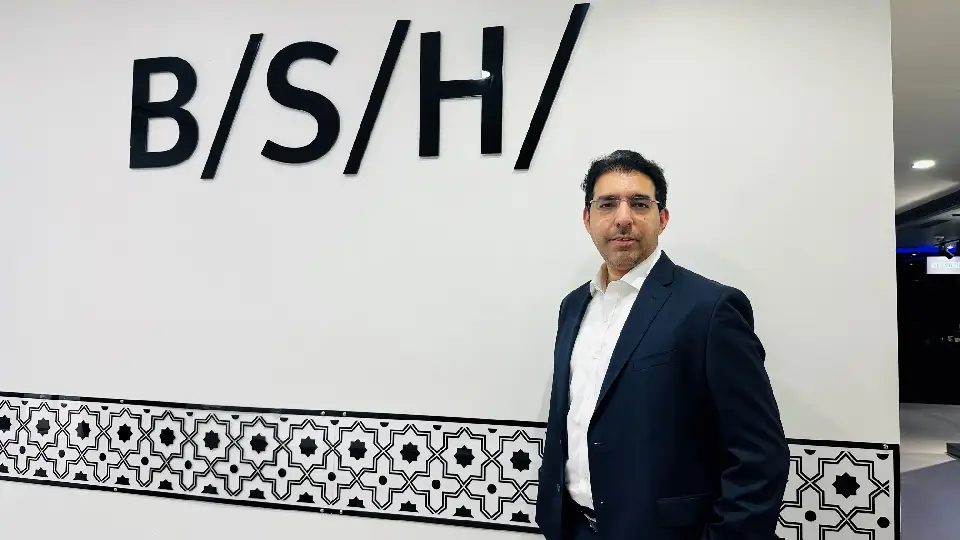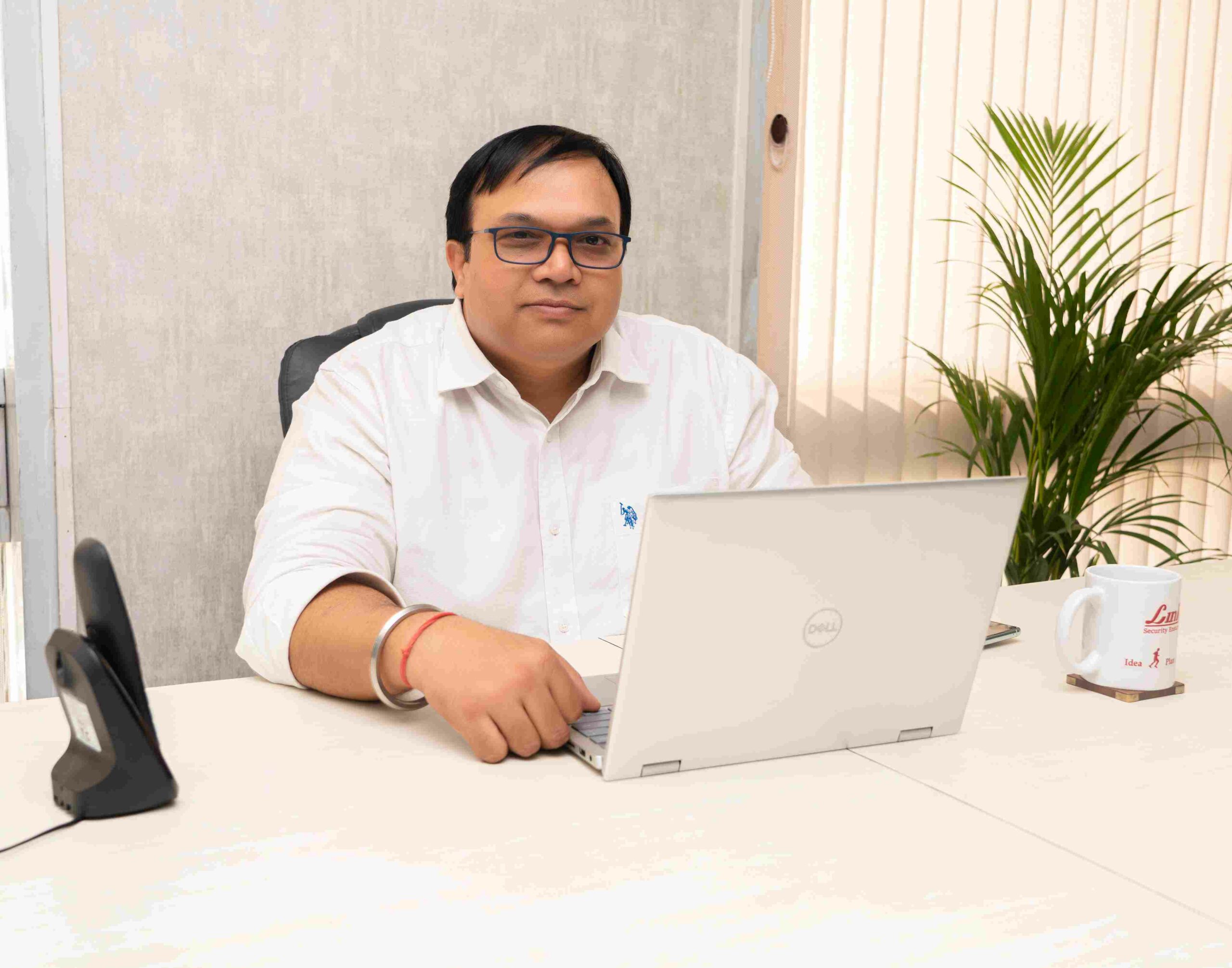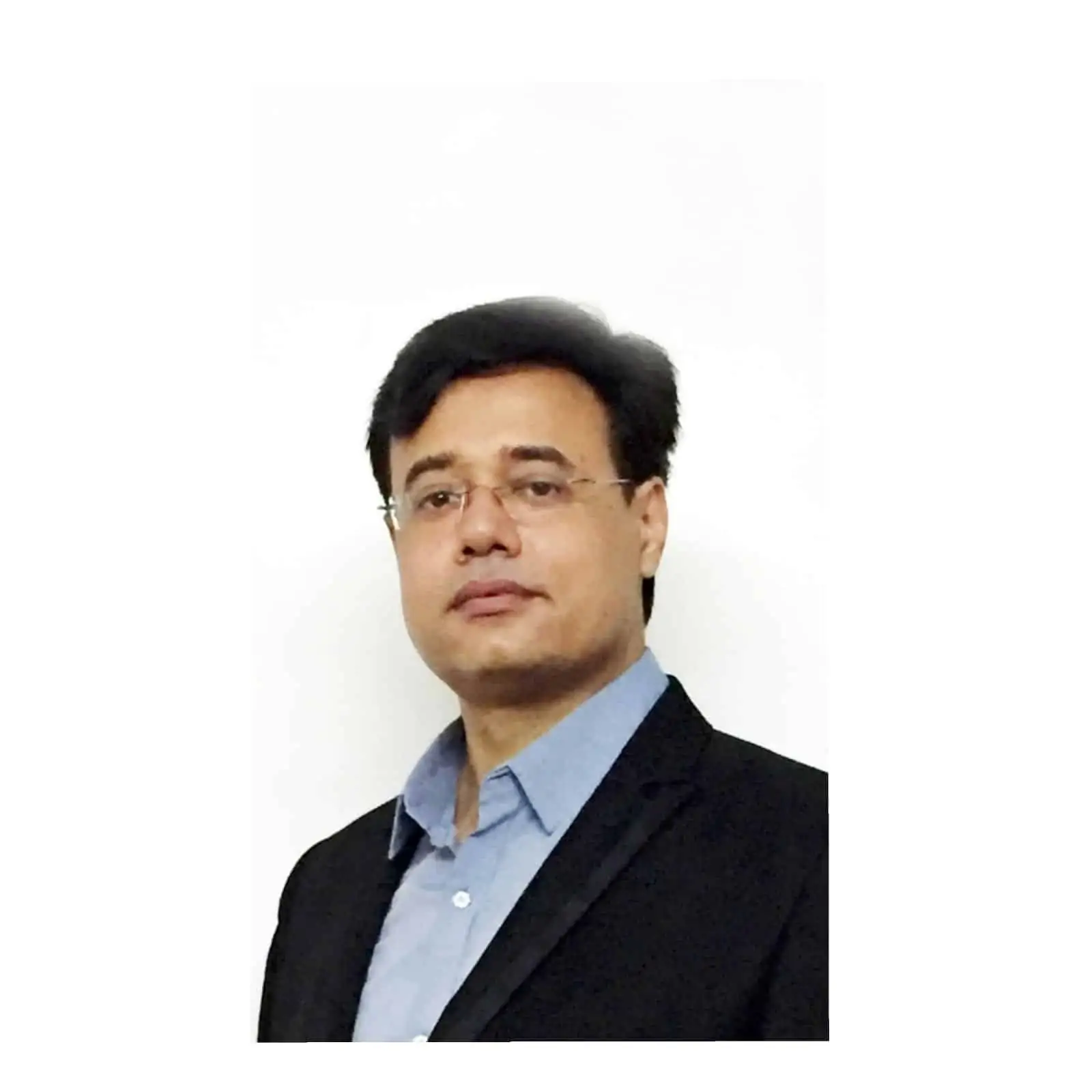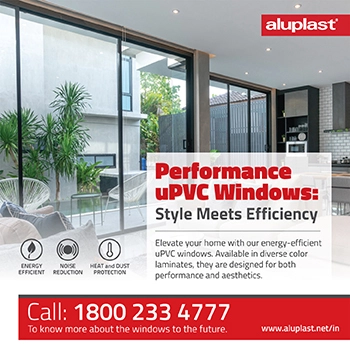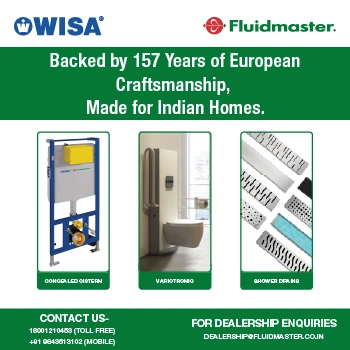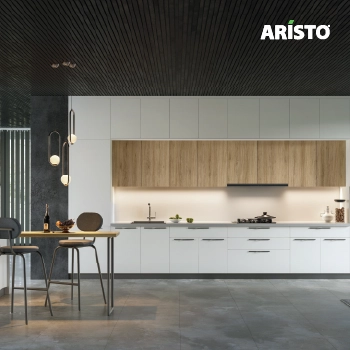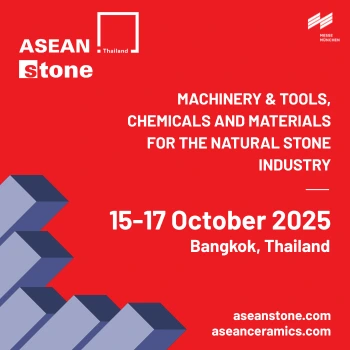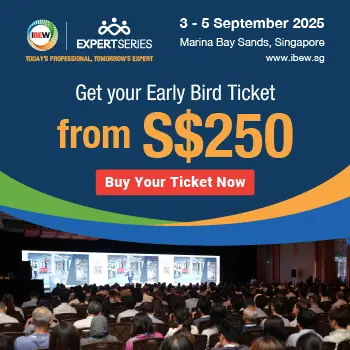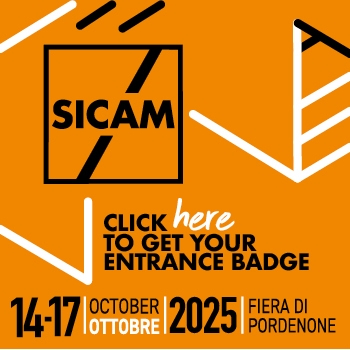Ozone is a leading player in the Indian architectural hardware market. This year, the brand is celebrating its 25th year in business. In this edition of Expert Talk with BuildingandInteriors, Alok Aggarwal, CEO & Managing Director, Ozone Overseas, talks about the company’s journey, key milestones, Ozone Blu, and the road ahead.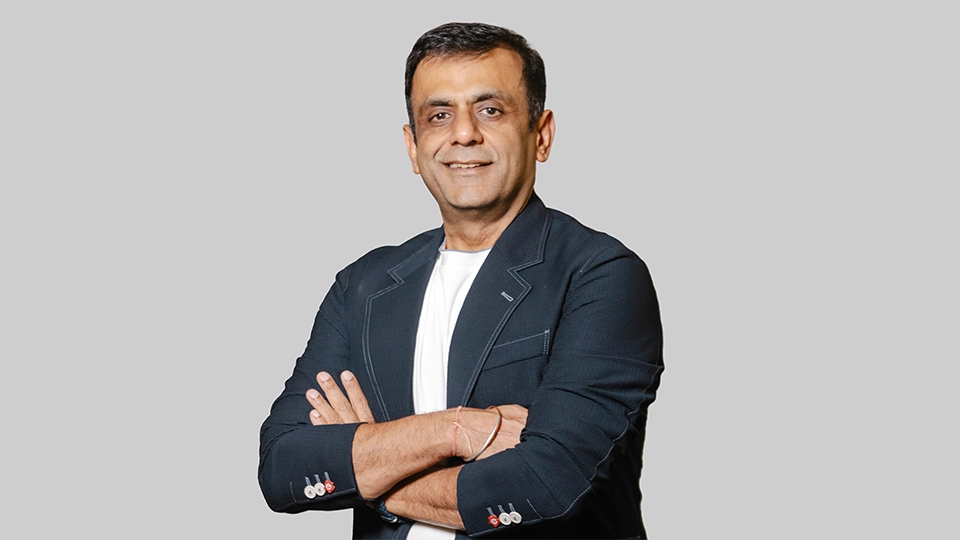
B&I: Talk to us about Ozone’s 25-year journey: Growth, innovations, and the future.
Alok Aggarwal: The completion of 25 years is a major achievement in the life of any organisation. Ozone is no different. We began as a small player in the locks and glass fittings industry. In the initial years, we were seen simply as traders or importers. From Day 1, we have been persistent with our quality across all our products. That approach has paid us back.
Yes, it’s been a wonderful journey but it is also one where Ozone had to fight for its place in the sun. Ozone has always remained a compliant organisation, whether from an environmental perspective, HR perspective, taxation, etc. It is a matter of great pride for us. I am pleased to see, with the support of channel partners and influencers Ozone evolve into a trusted brand with a strong manufacturing base in India. Today, we are aggressively working both in the Indian market and across other major markets worldwide. We have successfully created a truly Indian multinational corporation in the hardware market.
For Ozone, the first 25 years have been exciting and the future prospects energise us even more.
B&I: What are the key milestones in Ozone’s 25 years journey?
Alok Aggarwal: Ozone started with locking solutions. We were also one of the first brands to export drawer slides and furniture fittings. The first major turning point came in 2006-2007 when Ozone set up its first manufacturing facility in India, focusing on glass fittings. This move not only solidified our market position but also allowed us to match the quality of imported products while reducing dependence on external sources. Another big achievement was raising private equity. The learnings from the private equity partners about the financial markets helped us grow into a bigger and better organisation.
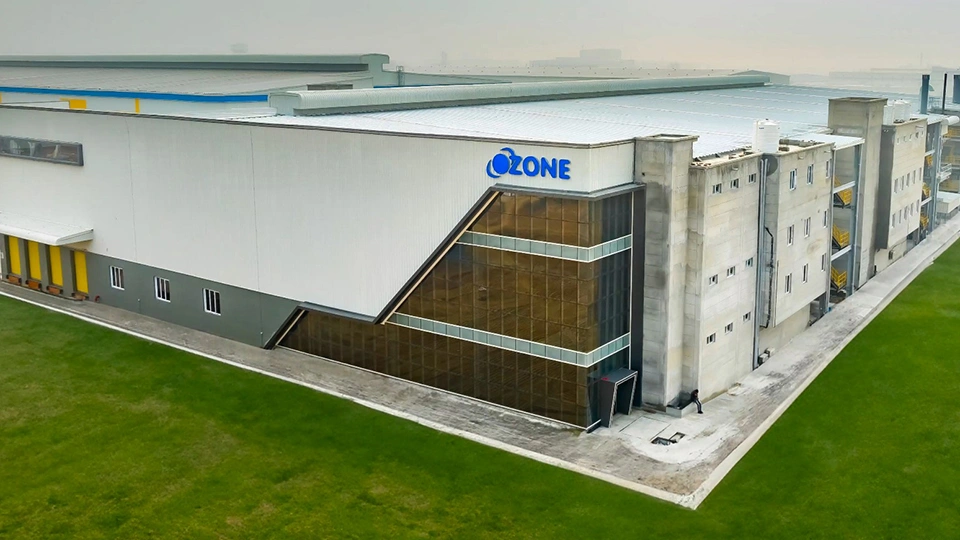
In recent years, Ozone has set up more manufacturing units to align with the Make in India initiative. We have also been expanding into international markets steadily by diversifying our export portfolio. Despite challenges like the COVID-19 pandemic, we have made it a point to quickly evolve as per changing market dynamics that ensure its growth and success.
B&I: Ozone has had a very innovative take on the hardware market in India. What differentiates you in this market?
Alok Aggarwal: Ozone’s strong reputation in the hardware market stems from 25 years of consistently delivering quality, reliable service, and accountability. While Ozone does not position itself as the cheapest or most expensive, its balanced pricing reflects the brand’s emphasis on value and quality. This ingrained trust enables Ozone to transition seamlessly into complementary markets like windows and glass, leveraging its legacy of customer satisfaction and service excellence.
Currently, Ozone is heavily focused on expanding its manufacturing capacities and diversifying its portfolio, including furniture fittings, door hardware, fingerprint locks, and windows. The windows segment, in particular, represents a significant venture, requiring robust systems, extensive networks, and comprehensive installation services nationwide. While the scale of these projects is challenging, Ozone remains confident in its ability to meet market demands and uphold its brand reputation.
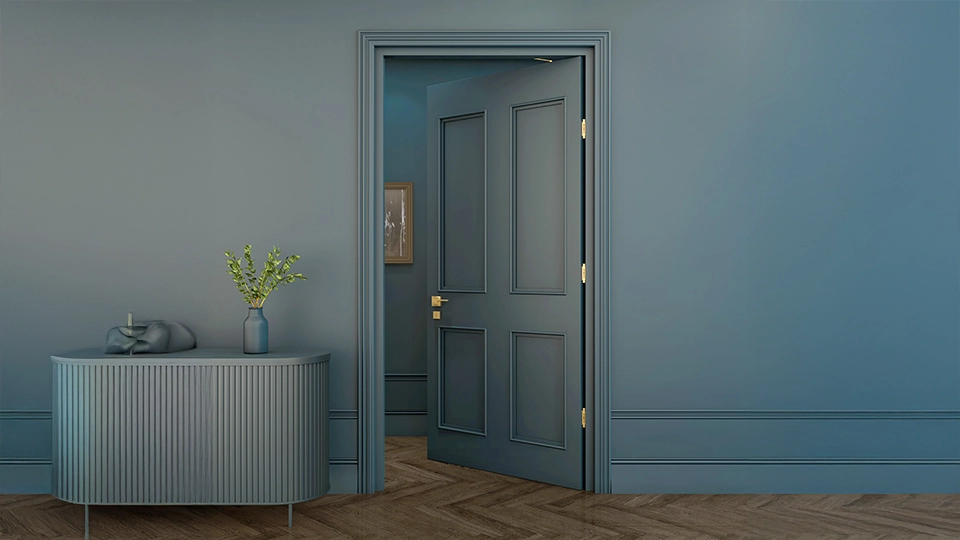
B&I: Tell us about Ozone’s manufacturing strengths.
Alok Aggarwal: Ozone currently manufactures a wide range of products in India. The product portfolio includes glass fittings, such as patch fittings, floor springs, shower accessories, along with stainless steel processing for these items. We also manufacture electronic safes in India.
Ozone has one of the largest manufacturing capabilities for ball-bearing slides in the Indian furniture fittings industry. Additionally, we specialise in surface finishing for aluminium extrusions (which are integral to our partition systems), kitchen hardware, glass fittings and shower fittings. Expanding further, Ozone has ventured into the windows/fenestration segment, aligning it with its shower business. To support this expansion, the company is also establishing captive glass processing units, ensuring a seamless supply chain and superior product quality.
B&I: You mention windows/fenestration solutions. Can you elaborate further on this new category for Ozone?
Alok Aggarwal: Yes, as I mentioned earlier, Ozone is entering the uPVC and aluminium windows market. Though on the face of it, it’s a new product line, for us, this is a natural extension as the category resonates well with many existing Ozone customers (they are already involved in the window business). We intend to onboard them as “Ozone Blu Partners” for this product line. This approach will leverage synergies between existing and new Ozone products, ensuring a smooth market entry while expanding the company’s footprint in the window systems segment. The window systems will be part of the larger Ozone umbrella. The launch is targeted for May 2025, with a dedicated channel strategy in place.
B&I: There are many challenges that brands face in the uPVC and aluminium window systems market. Your take?
Alok Aggarwal: The uPVC and aluminium window systems market is highly fragmented, and even major global brands have faced difficulties. The primary challenge lies in the disconnect between the brand and the end-user experience. Large companies often focus on selling profiles, hardware sets, or designs to fabricator partners and then disengage from the process. While customers believe they are purchasing a quality brand, the actual fabrication, installation, and service experience are often sub-par.
The complexity of manufacturing quality windows requires precise machinery, high-grade materials like glass and hardware, and skilled workmanship. Missteps at any stage—fabrication, assembly, or installation—can result in poor-quality products and services. This lack of oversight and accountability leads to customer dissatisfaction and damages the brand’s reputation.
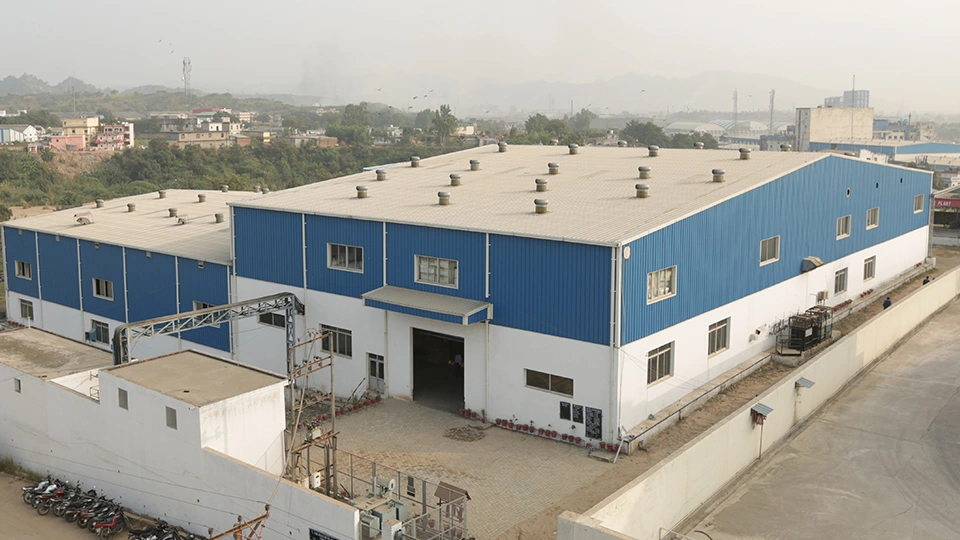
B&I: What is the format and rollout plan for Ozone Blu?
Alok Aggarwal: Ozone Blu represents a pivotal initiative for Ozone as the company adapts to evolving market demands. These small-format Ozone showrooms aim to provide consumers with comprehensive solutions rather than standalone hardware products. Recognizing the market’s shift towards integrated solutions, Ozone Blu will showcase complete offerings like kitchens or showers, where hardware is paired with complementary components such as glass. Once the window systems are launched, they will be offered via Ozone Blu.
Customers visiting Ozone Blu showrooms can explore products, experience their quality first-hand, and interact with channel partners. These partners will manage the final delivery and installation of the solutions, ensuring a seamless experience. The concept emphasizes convenience by addressing the modern consumer’s preference for one-stop solutions, reducing the need to source individual components from different suppliers.
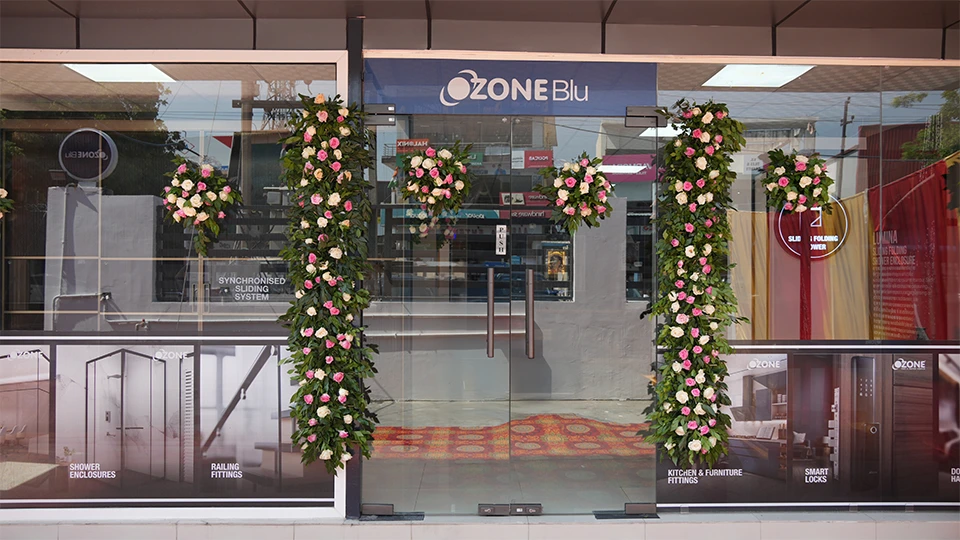
The Ozone Blu initiative features a tiered partnership model, offering varying levels of solutions based on the partner’s capabilities in sales, installation, and available display area. Different tiers will showcase distinct product ranges, ensuring flexibility and adaptability to local markets.
The typical showroom space for Ozone Blu formats ranges from 1,000 to over 2,000 square feet, tailored to the partner’s potential and operational scope. The expansion plan is ambitious, with a target of establishing 250 to 300 Ozone Blu stores by the next financial year. These Ozone stores will cater to diverse formats, evolving from traditional hardware outlets to comprehensive solution centres, with no fixed profile for potential partners.
B&I: What is the role of Ozone’s experience centres in enhancing customer engagement?
Alok Aggarwal: Ozone’s experience centres display the wide range and quality of its products in an interactive environment. The primary objective is to show the integration of Ozone’s offerings—such as sliding systems, electronic lift-up mechanisms, and wardrobe solutions—within real-life setups. These centres allow customers, consumers, and dealers to see how products perform, look, feel, and integrate with complementary items like kitchen fittings and sliding doors.
The experience centres also aim to create a “wow” factor and show the depth and innovation behind the Ozone brand. They provide a platform to highlight product quality, installation processes, and functional advantages that are difficult to convey through catalogues or brochures. The response has been overwhelmingly positive, with visitors expressing admiration for the unique concept and execution, making these centres one of a kind in the country.
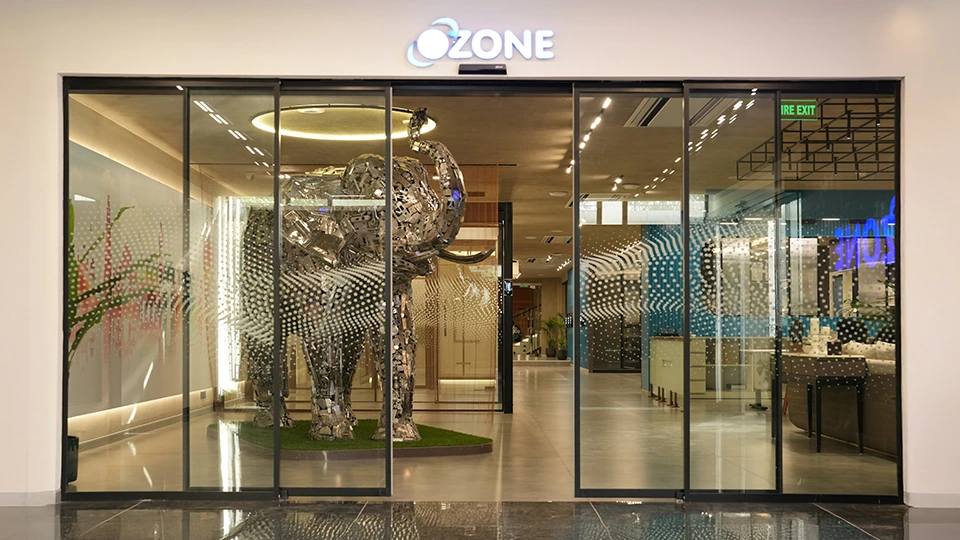
B&I: Is consolidation likely in the traditional hardware industry?
Alok Aggarwal: The hardware industry is highly fragmented, with a low barrier to entry, which leads to frequent entry and exit of players. While many companies may join the market during economic growth phases, only a few brands with strong foundations are likely to sustain in the long run. Larger companies often absorb smaller ones, contributing to market consolidation.
This process is shaped by basic economic principles rather than speculation. As the industry evolves, stronger brands will emerge and dominate, while others may face challenges in maintaining their foothold. The traditional hardware sector is currently a “melting pot” where growth, competition, and consolidation occur simultaneously.
B&I: How has the experience of the government’s Make in India initiative been?
Alok Aggarwal: There has been dissatisfaction with certain aspects of the Make in India initiative, particularly regarding the policies in the furniture fittings sector. Despite significant investments made by companies, such as ₹150 crore in some cases, recent policy shifts have allowed select companies to import goods without anti-dumping duties, which many see as unfair. These changes have been perceived as favouring large corporations and foreign suppliers, especially those from China while disadvantaging smaller domestic manufacturers.
The inconsistency in government policies, particularly the protection of the steel industry on one hand and the allowance of finished steel goods imports on the other, has created an uneven competitive landscape. This shift has raised concerns that such policies may erode confidence in domestic manufacturing and hinder the growth of Indian manufacturers in the long run.
Ozone completes 25 years of innovation and excellence
Ozone was set up 25 years ago to create solutions for spaces that look elegant, make everyday living more joyful, spark the i









